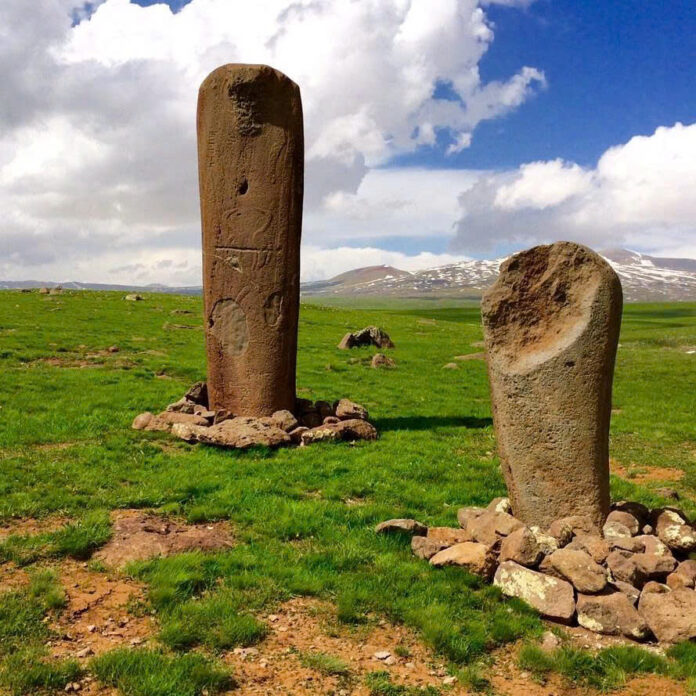Deep in the Armenian Highlands, an extraordinary collection of ancient monuments known as vishapakar stones tells a fascinating tale of humanity’s enduring connection with nature. These massive dragon stones, some towering up to 5 meters high, have silently watched over the landscape for more than 4,000 years, each weighing several tons and carved from solid basalt. Today, over 150 of these enigmatic structures still stand, primarily clustered around water sources, offering us a window into the rich spiritual and cultural life of ancient Armenian civilization.
Sacred Markers of Water and Life
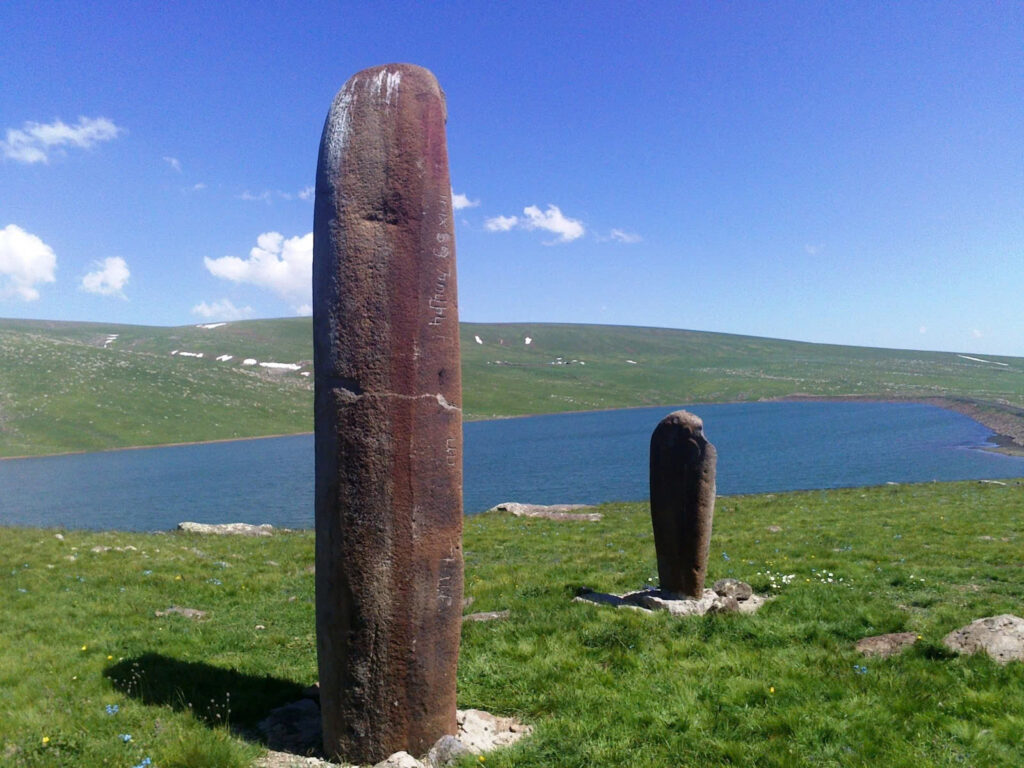
The strategic placement of these vishapakar stones near rivers, lakes, and springs reveals their profound significance in ancient agricultural societies. Each stone bears intricate carvings depicting fish, bulls, and flowing patterns – symbols that speak to water’s vital role in sustaining life and ensuring abundant harvests. These weren’t merely decorative monuments; they marked sacred sites where ancient communities performed rituals to invoke rain and fertility, reflecting their deep dependence on natural forces for survival.
The Legendary Vishaps: Dragons of the Elements
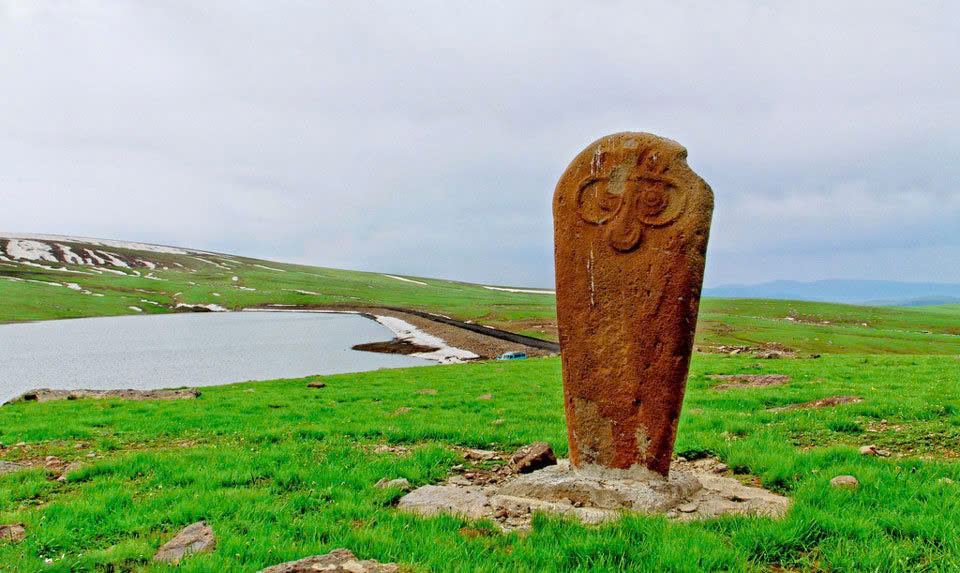
The stones derive their name from the vishaps – powerful dragon-like beings in Armenian mythology believed to command the forces of storms and water. These mythical creatures were viewed as both benevolent guardians and fearsome destroyers, embodying nature’s dual capacity for nurture and devastation. The massive stones, with their impressive presence and detailed carvings, likely served as focal points for ceremonies intended to either appease these dragon spirits or channel their elemental powers for the community’s benefit.
Ceremonial Significance and Cultural Purpose
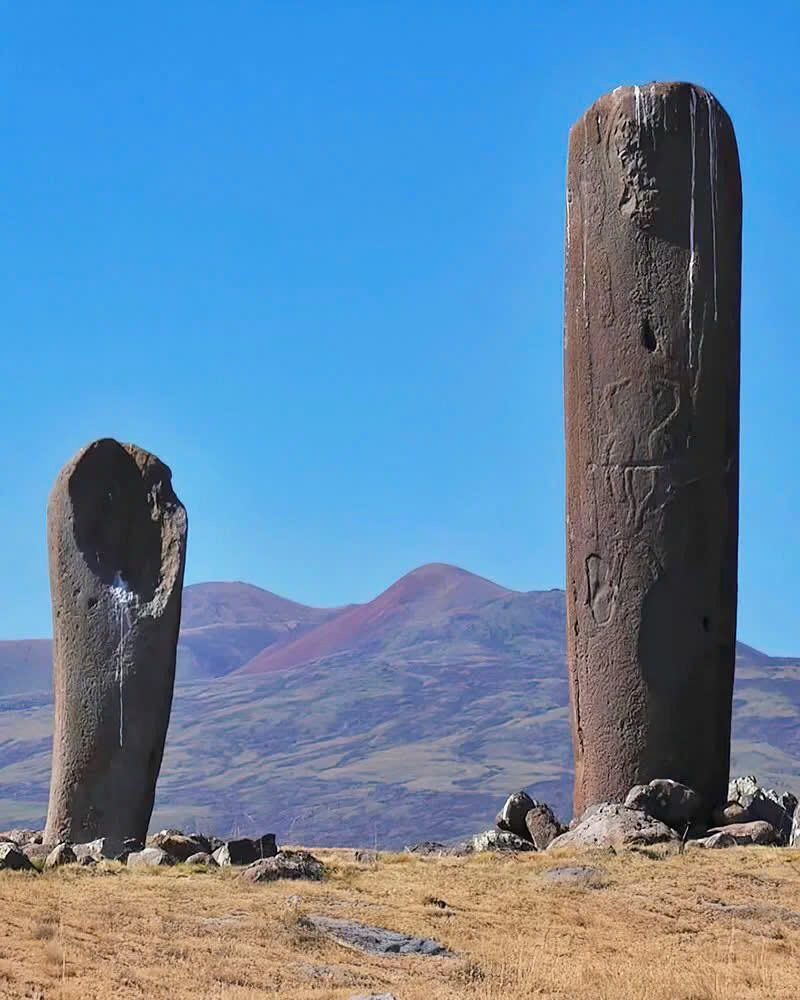
Beyond their mythological connections, the vishapakar stones served multiple roles in ancient Armenian society. They functioned as territorial markers, memorial monuments, and centers for religious ceremonies. Their impressive scale and carefully chosen locations suggest they hosted important rituals, possibly including offerings to the vishaps and communal prayers for favorable weather and bountiful crops. These stones may have also served to honor ancestral spirits and mark tribal territories, weaving together the spiritual and practical aspects of ancient life.
An Enduring Archaeological Mystery
Despite extensive research spanning centuries, the complete story of the vishapakar stones remains elusive. While theories range from their use as burial markers to symbols of ancestor worship, definitive proof of their original purpose continues to elude archaeologists. However, their fundamental role in bridging the natural and spiritual realms is undeniable.
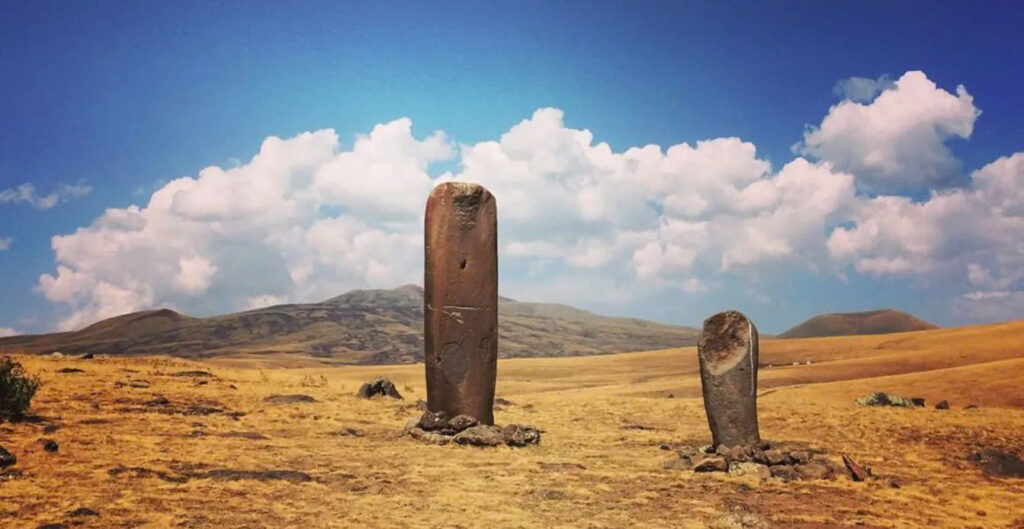
Modern scholars and historians continue to be captivated by these ancient monuments, which stand as remarkable testament to our ancestors’ sophisticated understanding of their environment. The vishapakar stones remind us of humanity’s age-old quest to comprehend and harmonize with the powerful forces that shape our world, leaving us with enduring mysteries that spark wonder and inspiration to this day.
